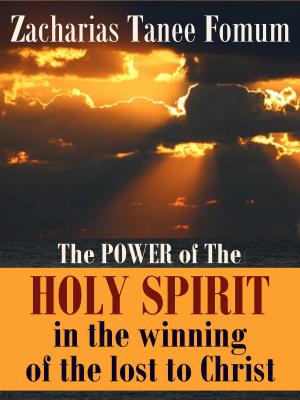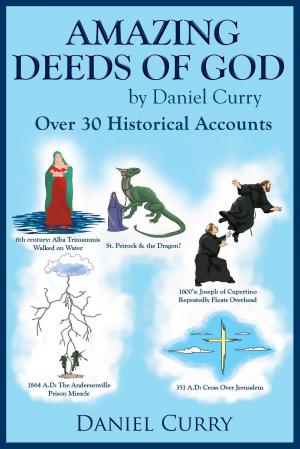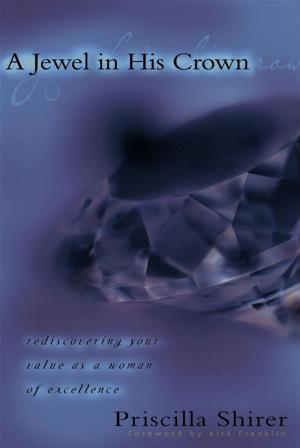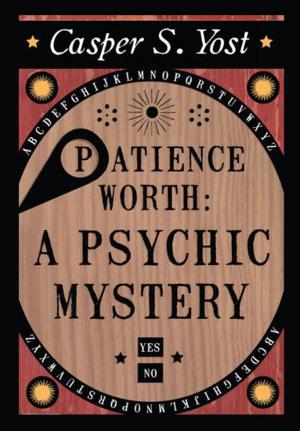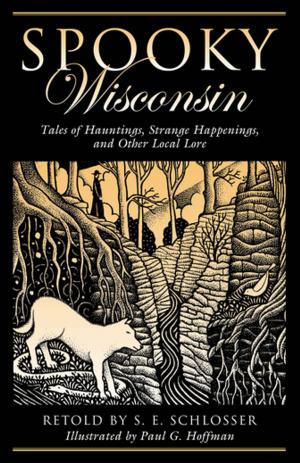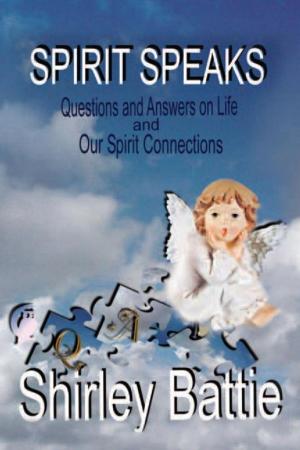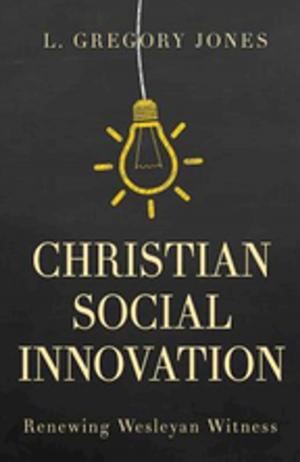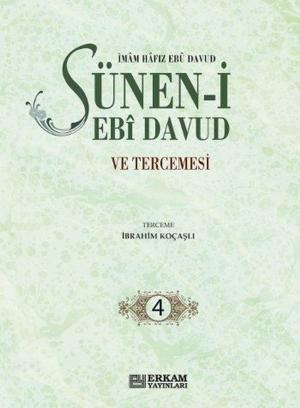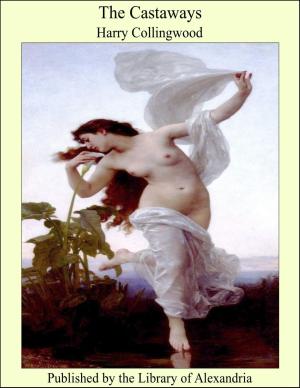For Better For Worse: Should I Get Married?
Nonfiction, Family & Relationships, Relationships, Marriage, Love/Romance, Religion & Spirituality| Author: | Neel Burton | ISBN: | 9781912317646 |
| Publisher: | Acheron Press | Publication: | October 1, 2017 |
| Imprint: | Acheron Press | Language: | English |
| Author: | Neel Burton |
| ISBN: | 9781912317646 |
| Publisher: | Acheron Press |
| Publication: | October 1, 2017 |
| Imprint: | Acheron Press |
| Language: | English |
For Better For Worse examines the institution of marriage in history and contemporary culture, along with kin concepts such as romantic love, sexuality, and family. Drawing upon several fields of inquiry, it sets out as neither pro- nor anti-marriage, but seeks instead to investigate an institution that has long been at the centre of society, and that we tend to take for granted despite its defining impact on almost all aspects of our lives. Whether or not to tie, untie, or retie the knot is a question that we each have to answer for ourselves, and this book aims no higher than to frame and inform our deliberation.
If you marry, you will regret it;
If you do not marry, you will also regret it...
This is the sum and substance of all philosophy.
— Søren Kierkegaard
About the author:
Dr Neel Burton is a psychiatrist, philosopher, writer, and wine-lover who lives and teaches in Oxford, England. He is a Fellow of Green-Templeton College, Oxford, and the recipient of the Society of Authors' Richard Asher Prize, the British Medical Association's Young Authors' Award, the Medical Journalists' Association Open Book Award, and a Best in the World Gourmand Award.
Contents:
1. Monogamy
2. Polygamy
3. Gender fluidity in the gods
4. Gender variation and same-sex relations in precolonial peoples
5. Marriage in Ancient Egypt
6. Three tales of same-sex love in Ancient Egypt
7. The history and psychology of the orgy
8. Marriage in the Bible
9. Love in the Bible
10. Same-sex relations in the Bible
11. An interpretation of Adam and Eve
12. Sex, sexuality, and duplicity in Ancient Rome
13. How love became the new religion
14. The psychology of romantic love
15. The history of kissing
16. Who was Valentine?
17. The 7 types of love
18. Polyamory: a new way of loving?
19. The philosophy of lust
20. The magic of masturbation
21. Touch hunger
22. The pain of loneliness/the joy of solitude
23. The ascetic alternative
24. Are married people healthier?
25. The deep psychology of the bachelor party
26. Should we have a big wedding?
27. The challenges of intimacy
28. The philosophy of trust
29. The philosophy of forgiveness
30. The rise and demise of divorce
31. The future of the family
32. Should we have children?
33. The gay revolution
34. A feminist critique of marriage
If you marry, you will regret it;
If you do not marry, you will also regret it...
This is the sum and substance of all philosophy.
— Søren Kierkegaard
About the author:
Dr Neel Burton is a psychiatrist, philosopher, writer, and wine-lover who lives and teaches in Oxford, England. He is a Fellow of Green-Templeton College, Oxford, and the recipient of the Society of Authors' Richard Asher Prize, the British Medical Association's Young Authors' Award, the Medical Journalists' Association Open Book Award, and a Best in the World Gourmand Award.
Contents:
1. Monogamy
2. Polygamy
3. Gender fluidity in the gods
4. Gender variation and same-sex relations in precolonial peoples
5. Marriage in Ancient Egypt
6. Three tales of same-sex love in Ancient Egypt
7. The history and psychology of the orgy
8. Marriage in the Bible
9. Love in the Bible
10. Same-sex relations in the Bible
11. An interpretation of Adam and Eve
12. Sex, sexuality, and duplicity in Ancient Rome
13. How love became the new religion
14. The psychology of romantic love
15. The history of kissing
16. Who was Valentine?
17. The 7 types of love
18. Polyamory: a new way of loving?
19. The philosophy of lust
20. The magic of masturbation
21. Touch hunger
22. The pain of loneliness/the joy of solitude
23. The ascetic alternative
24. Are married people healthier?
25. The deep psychology of the bachelor party
26. Should we have a big wedding?
27. The challenges of intimacy
28. The philosophy of trust
29. The philosophy of forgiveness
30. The rise and demise of divorce
31. The future of the family
32. Should we have children?
33. The gay revolution
34. A feminist critique of marriage
For Better For Worse examines the institution of marriage in history and contemporary culture, along with kin concepts such as romantic love, sexuality, and family. Drawing upon several fields of inquiry, it sets out as neither pro- nor anti-marriage, but seeks instead to investigate an institution that has long been at the centre of society, and that we tend to take for granted despite its defining impact on almost all aspects of our lives. Whether or not to tie, untie, or retie the knot is a question that we each have to answer for ourselves, and this book aims no higher than to frame and inform our deliberation.
If you marry, you will regret it;
If you do not marry, you will also regret it...
This is the sum and substance of all philosophy.
— Søren Kierkegaard
About the author:
Dr Neel Burton is a psychiatrist, philosopher, writer, and wine-lover who lives and teaches in Oxford, England. He is a Fellow of Green-Templeton College, Oxford, and the recipient of the Society of Authors' Richard Asher Prize, the British Medical Association's Young Authors' Award, the Medical Journalists' Association Open Book Award, and a Best in the World Gourmand Award.
Contents:
1. Monogamy
2. Polygamy
3. Gender fluidity in the gods
4. Gender variation and same-sex relations in precolonial peoples
5. Marriage in Ancient Egypt
6. Three tales of same-sex love in Ancient Egypt
7. The history and psychology of the orgy
8. Marriage in the Bible
9. Love in the Bible
10. Same-sex relations in the Bible
11. An interpretation of Adam and Eve
12. Sex, sexuality, and duplicity in Ancient Rome
13. How love became the new religion
14. The psychology of romantic love
15. The history of kissing
16. Who was Valentine?
17. The 7 types of love
18. Polyamory: a new way of loving?
19. The philosophy of lust
20. The magic of masturbation
21. Touch hunger
22. The pain of loneliness/the joy of solitude
23. The ascetic alternative
24. Are married people healthier?
25. The deep psychology of the bachelor party
26. Should we have a big wedding?
27. The challenges of intimacy
28. The philosophy of trust
29. The philosophy of forgiveness
30. The rise and demise of divorce
31. The future of the family
32. Should we have children?
33. The gay revolution
34. A feminist critique of marriage
If you marry, you will regret it;
If you do not marry, you will also regret it...
This is the sum and substance of all philosophy.
— Søren Kierkegaard
About the author:
Dr Neel Burton is a psychiatrist, philosopher, writer, and wine-lover who lives and teaches in Oxford, England. He is a Fellow of Green-Templeton College, Oxford, and the recipient of the Society of Authors' Richard Asher Prize, the British Medical Association's Young Authors' Award, the Medical Journalists' Association Open Book Award, and a Best in the World Gourmand Award.
Contents:
1. Monogamy
2. Polygamy
3. Gender fluidity in the gods
4. Gender variation and same-sex relations in precolonial peoples
5. Marriage in Ancient Egypt
6. Three tales of same-sex love in Ancient Egypt
7. The history and psychology of the orgy
8. Marriage in the Bible
9. Love in the Bible
10. Same-sex relations in the Bible
11. An interpretation of Adam and Eve
12. Sex, sexuality, and duplicity in Ancient Rome
13. How love became the new religion
14. The psychology of romantic love
15. The history of kissing
16. Who was Valentine?
17. The 7 types of love
18. Polyamory: a new way of loving?
19. The philosophy of lust
20. The magic of masturbation
21. Touch hunger
22. The pain of loneliness/the joy of solitude
23. The ascetic alternative
24. Are married people healthier?
25. The deep psychology of the bachelor party
26. Should we have a big wedding?
27. The challenges of intimacy
28. The philosophy of trust
29. The philosophy of forgiveness
30. The rise and demise of divorce
31. The future of the family
32. Should we have children?
33. The gay revolution
34. A feminist critique of marriage

